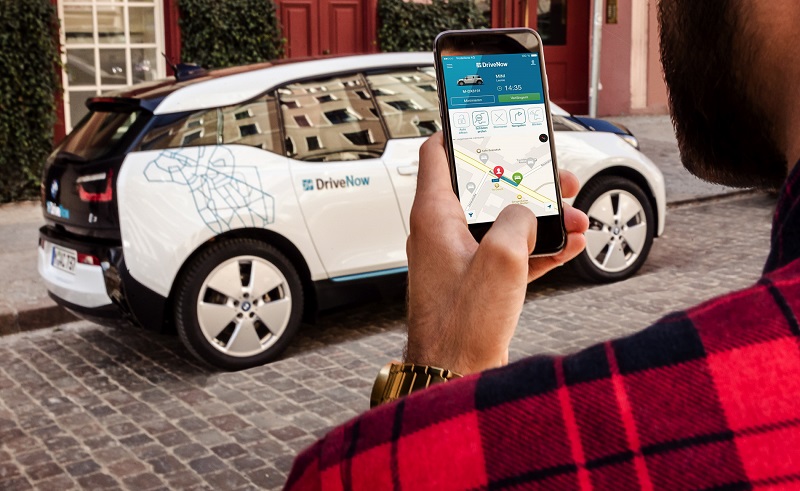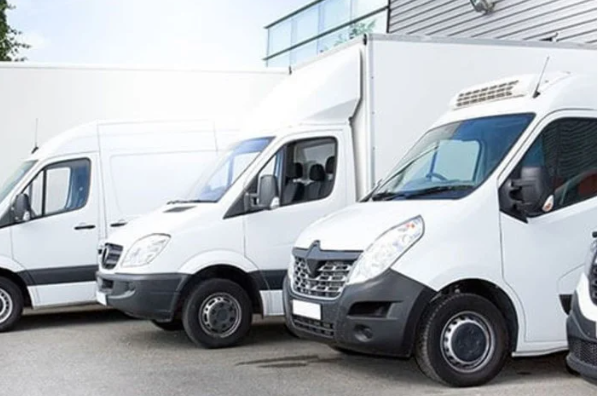BMW and Daimler could partner for the joint development of dedicated architectures platforms for electric cars, which will save 7,500 million dollars in R & D costs to both manufacturers. BMW and Daimler are in talks to cooperate in the development of new platforms for compact and medium-sized electric vehicles. The joint architectures, although they would be specially designed to mount on them electrified models, also will adapt to the traditional options of the powertrain.
Both companies have confirmed the existence of the negotiations, according to German newspapers Sueddeutsche Zeitung and Auto Bild. The talks are still in a preliminary phase, so there is no guarantee that a final agreement will be reached.
Sharing the platforms for electric cars

The two German manufacturers already have existing agreements for the development of advanced driver assistance systems and mobility services, as well as a joint acquisition program. However, cooperation for the development of platforms for electric cars has a much greater potential, since it opens the possibilities to the creation of new models and, with the potential of R & D of both companies, would reduce in a sensible way the costs of manufacturing.
Both BMW and its subsidiary Mini and Daimler, especially through Mercedes-Benz, have already invested a lot of economic resources in electrification. If a definitive agreement is reached, each of the manufacturers could save up to 7,500 million dollars in development costs over the next seven years.
BMW created the BMW i sub-brand through which it put on the market in 2013 both the BMW i3, in an all-electric and extended-range version and the hybrid i8 plug-in sports car. In 2019 it plans to sell up to half a million electrified vehicles (plug-in and electric hybrids), considerably increasing its results last year with 200,000 units sold.
BMW new platforms for electric cars
This year, it will launch the 100% electric BMW iX3, which will be produced in China for all its markets. From then on, the BMW i4 saloon will arrive in 2021 and, the same year, its new electric flagship, the iNEXT a futuristic SUV. It will also offer hybrid versions of its most popular models to have, in 2025, up to 25 different electrified models, a dozen of which will be pure electric.
Daimler started its electrification in 2009, but is currently, with the creation of the EQ sub-brand, when it is really betting on this technology. With the presentation of the EQC, the first electric of the new sub-brand, a strategy is initiated that in 2022 will end the electrification of the entire Mercedes-Benz range. It will offer an electrified variant for each model, including micro-hybridization. In total there will be more than 130 electrified vehicles, 10 of which will be pure electric, which Daimler wants to cover between 15 and 25% of total sales by 2025.
Smart, the other brand of the group already sells electric versions of its ForTwo and ForFour and will become a 100% electric brand by eliminating the combustion engines of its European offer in 2020 and, subsequently, in the rest of the world.
Mobility services

Unless they develop services based on the use of the vehicle, the PwC consultancy asserts that automakers will not be able to compete with technology companies, whose business format allows them to have capital in cash. These companies are expanding their business, as is the case of China’s Didi Chuxing, which has expanded its service in Latin America, or Uber, which is beginning to gain a significant market share in the United States.
Daimler and BMW have already received approval from market regulators for the start-up of a joint venture that includes transport, parking and recharging platforms for electric cars and that will compete directly with companies such as Uber and other similar firms. The investment set for the development of the company is 1,200 million dollars.
In the United States, the Car2go carsharing Daimler service will be merged with the services of BMW DriveNow, ParkNow and ChargeNow. Both car manufacturers have a 50 percent stake in the company.
Car2Go Daimler
The company will have five business lines: Reach Now, a route and reservation management service based on smartphones, Charge Now for recharging electric cars, Free Now, a taxi service, Park Now for parking assistance and Share Now, which will be carsharing platforms for electric cars.
“In the future, these five services will be merged to form a mobility system with a fully electric fleet of vehicles that are loaded and parked autonomously,” said BMW Chief Executive Harald Krueger.




